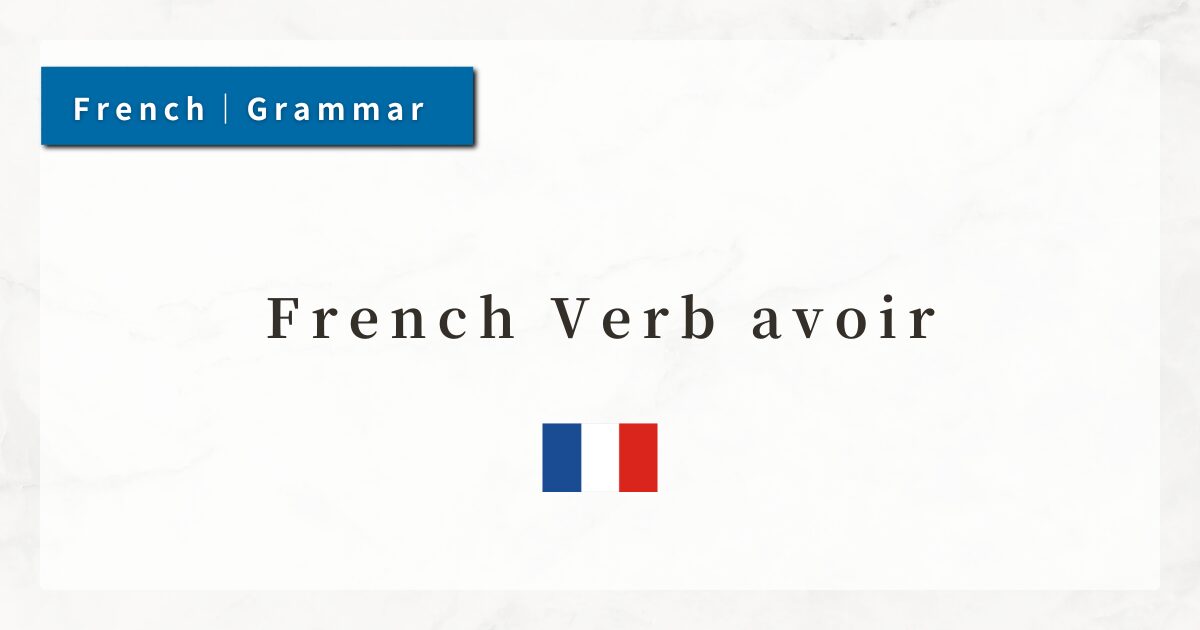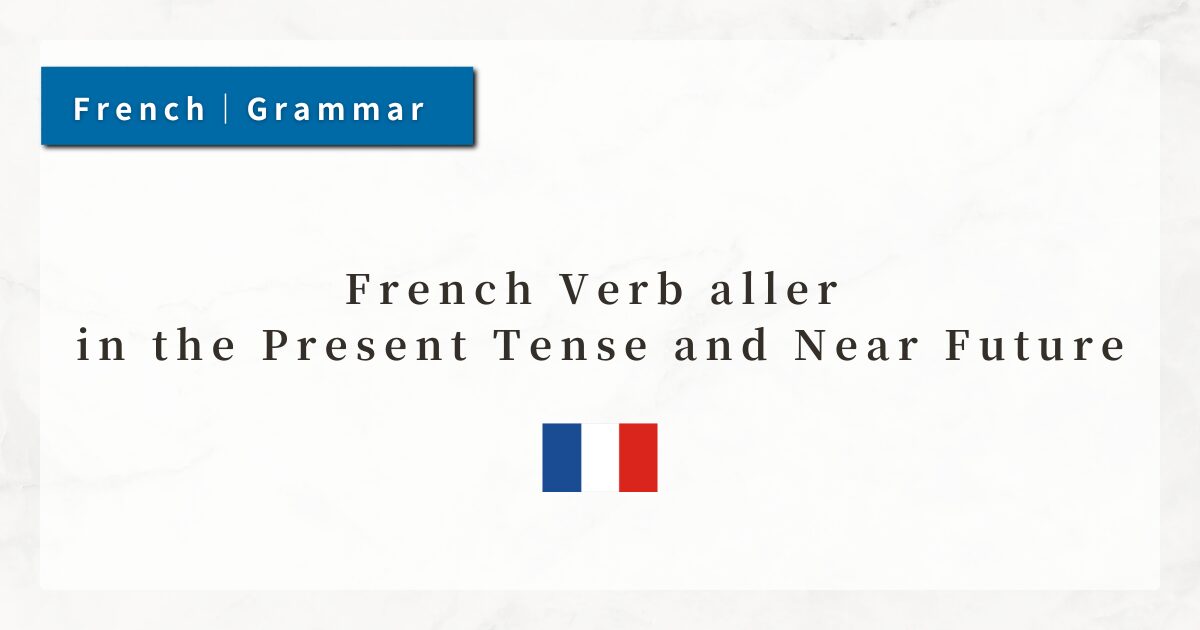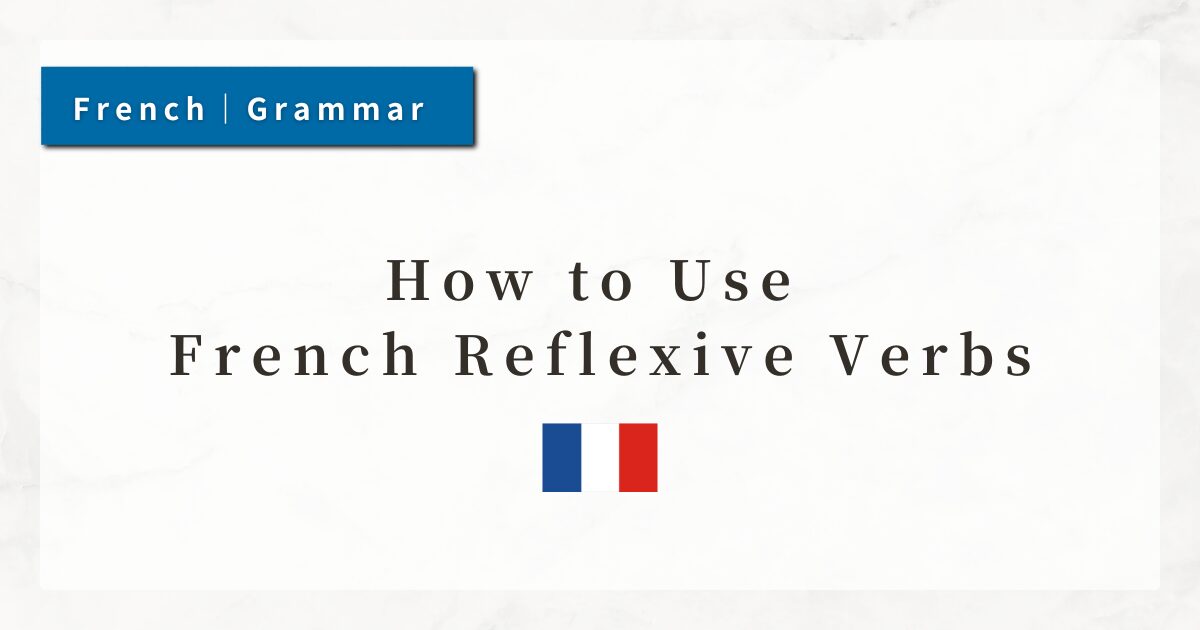#74 Emphatic Interrogative Adverbs | How to Use “mais où est-il ?”

French interrogative adverbs include où (where), quand (when), comment (how), and pourquoi (why). These words are not only used to ask for information but can also serve to emphasize the speaker’s emotions.
In spoken French as well as in literature, adding mais before an interrogative adverb conveys surprise, irritation, or strong concern.
This lesson explains how emphatic interrogative expressions work in French and how to use them effectively.
1. The Basic Role of Interrogative Adverbs
Interrogative adverbs are used to ask about place, time, manner, or reason.
- Où est-il ?
(Where is he?) - Quand partez-vous ?
(When are you leaving?) - Pourquoi es-tu en retard ?
(Why are you late?)
In their neutral form, such questions simply request factual information.
2. Using mais for Emphasis
When a speaker wishes to add emphasis, “mais” can be placed at the beginning of the interrogative sentence.
Here, mais does not mean “but” in its usual sense. Instead, it functions as an adverbial marker of surprise, urgency, or emotional involvement.
- Mais où est-il ?
(Where on earth is he?) - Mais quand cela finira-t-il ?
(When on earth will this end?) - Mais comment as-tu pu faire ça ?
(How could you possibly do that?)
Adding mais keeps the basic meaning of the question but makes the speaker’s emotions more explicit.
3. Nuances Depending on Context
The construction “mais + interrogative adverb” can convey a range of emotions depending on context.
3-1. Surprise
Expressing astonishment at something unexpected:
- Mais comment est-ce possible ?
(How on earth is that possible?)
3-2. Irritation / Frustration
Used to express dissatisfaction with repeated or unexpected actions:
- Mais où étais-tu encore ?
(Where were you this time?)
3-3. Strong Expectation / Impatience
Expressing eagerness or frustration when something awaited has not yet happened:
- Mais quand allons-nous partir ?
(When on earth are we going to leave?)
Thus, the addition of mais gives emotional color to otherwise neutral questions, making them more vivid and expressive.
4. Summary
- Interrogative adverbs (où, quand, comment, pourquoi, etc.) form the basis of information-seeking questions.
- Placing “mais” at the beginning adds nuance of surprise, irritation, or emphasis.
- This construction is frequently used in both spoken French and literature.
- In English, such expressions are often translated with phrases like “on earth,” “ever,” or emphatic wording such as “How could…?” or “Why on earth…?”




